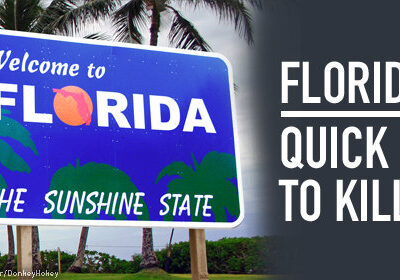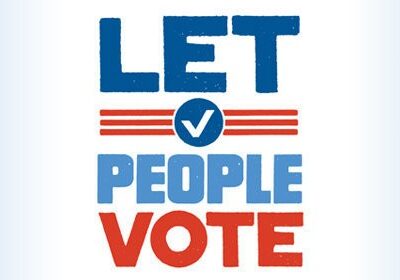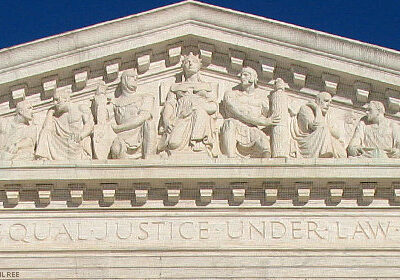News & Commentary
To Fix Escambia County's Jail, We Have to Fix the System
This blog post originally appeared as an op-ed in the Pensacola News-Journal.
Oftentimes, it takes a tragedy to draw our attention to inadequacies and failures that have been long simmering just below the surface. And when the time comes to rebuild after a tragedy, if we lose the opportunity to also fix those long-festering problems, we do ourselves a disservice.
As we near two months since the tragedy at the Escambia County Jail that killed and injured inmates and staff, our community must take stock of our jail's controversial history and do what we can to change it.
Even before the lethal explosion, the jail was not where it should be.

Huffington Post: Shocking Number Of Innocent People Sentenced To Death, Study Finds
More
By admin

Florida Prosecutor Goes on a Killing Spree
By Tanya Greene,
Advocacy and Policy Counsel, ACLU National
Angela Corey is certainly making a name for herself. Not only has she worked to send more people to death row than any other state’s attorney in the Sunshine State, but she leads the pack nationally as well.
We’re all used to hearing stories about the madness that passes for criminal justice in Florida. Headlines like “Florida Man Wanted for Peeing on Gators Fans” are so funny they have their own dedicated Twitter feed. Much less hilariously,Marissa Alexander, a Black domestic violence survivor, was sentenced to 20 years for shooting a gun to scare off her abusive husband, hurting no one. (Corey—of George Zimmerman and Michael Dunn fame, it should be known—was also responsible for prosecuting Alexander, and is now seeking a 60-year sentence in the new trial.)
By Guest Blog- ACLU National

Police Hide Use of Cell Phone Tracker From Courts Because Manufacturer Asked
Note: This blog post originally appeared on the National ACLU Blog of Rights. That post can be found here.
By Nathan Freed Wessler, Staff Attorney, ACLU Speech, Privacy & Technology Project
It appears that at least one police department in Florida has failed to tell judges about its use of a cell phone tracking device because the department got the device on loan and promised the manufacturer to keep it all under wraps. But when police use invasive surveillance equipment to surreptitiously sweep up information about the locations and communications of large numbers of people, court oversight and public debate are essential. The devices, likely made by the Florida-based Harris Corporation, are called “stingrays,” and unfortunately this is not the first time the government has tried to hide their use.
By Guest Blog- ACLU National

Millions of Americans Are Cut Out of Our Democracy
By Julie Ebenstein, Staff Attorney, ACLU Voting Rights Project
On Tuesday, Attorney General Eric Holder expressed his support for restoring voting rights to citizens who have committed a felony after they serve their terms in prison, complete parole or probation, and pay any restitution fines. While the ACLU believes rights should automatically be restored upon release from prison and being too poor to pay fines shouldn't leave you without a voice in our democracy, this is an important step in the right direction.
The federal government has rightfully acknowledged how post-Civil War era criminal disfranchisement laws intended to suppress the voting rights of African Americans "defy the principles of accountability and rehabilitation that guide our criminal justice policies."
This also isn't a problem that only affects a few people. If the more than 5.8 million disenfranchised Americans lived in a state of their own, that state would have 10 votes in the electoral college.
By Guest Blog- ACLU National

Stay Informed
Sign up to be the first to hear about how to take action.
By completing this form, I agree to receive occasional emails per the terms of the ACLU’s privacy statement.
By completing this form, I agree to receive occasional emails per the terms of the ACLU’s privacy statement.

